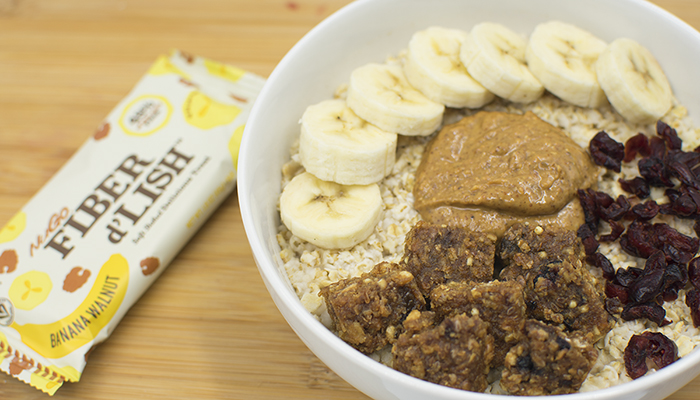Dietary fiber (the kind you eat) is an exceedingly important nutrient found in plants that our bodies do not digest. Unlike most foods, fiber is not absorbed. Rather, it passes through the digestive tract creating bulk, and moving waste out of the body. While this doesn’t sound like top priority, it’s hard to account for the robust number of benefits provided by dietary fiber that include ridding the body of harmful carcinogens. If you are questioning the recommendation to eat 25 – 35 grams of fiber each day, here’s a “top ten” for, why fiber. Note: This list does not include every benefit.
1. Helps prevent colon cancer
2. Reduces the risk for heart disease
3. Lowers cholesterol
4. Assists in weight loss
5. Encourages weight management
6. Decreases constipation and increases regularity
7. Improves blood sugar control
8. Helps manage diabetes
9. Improves digestive health
10. Enhances skin health
Where to find it
Plants are the go-to source for fiber. Fruits and vegetables, whole grains, beans, legumes, and nuts are highly regarded for their fiber composition. If you are questioning how to reach 25 – 35 grams of fiber each day, refer to the “top ten” list here to help you get started. Note: Like above, this list is not include every recommended high fiber food.
1. NuGo Fiber D’Lish bar = 12 grams
2. Black beans = 15 grams for 1 cup
3. Fresh apple or pear = 4 – 6 grams for one medium-size piece of fruit
4. Sweet potato = 6 grams for one medium-size potato
5. Oatmeal = 4 grams per cup, cooked
6. Raspberries = 8 grams per cup
7. Brown rice = 8 grams per cup
8. Lentils = 15 grams for one cup
9. Broccoli = 5 grams for one cup
10. Whole wheat pasta = 6 grams per cup

Anne Marie Kuchera, MS, MA, RD, LPC is a registered dietitian, and both a licensed nutritionist and licensed professional counselor. She manages community-based obesity prevention and preventive health and wellness initiatives through Children’s Hospital of Pittsburgh of UPMC.

